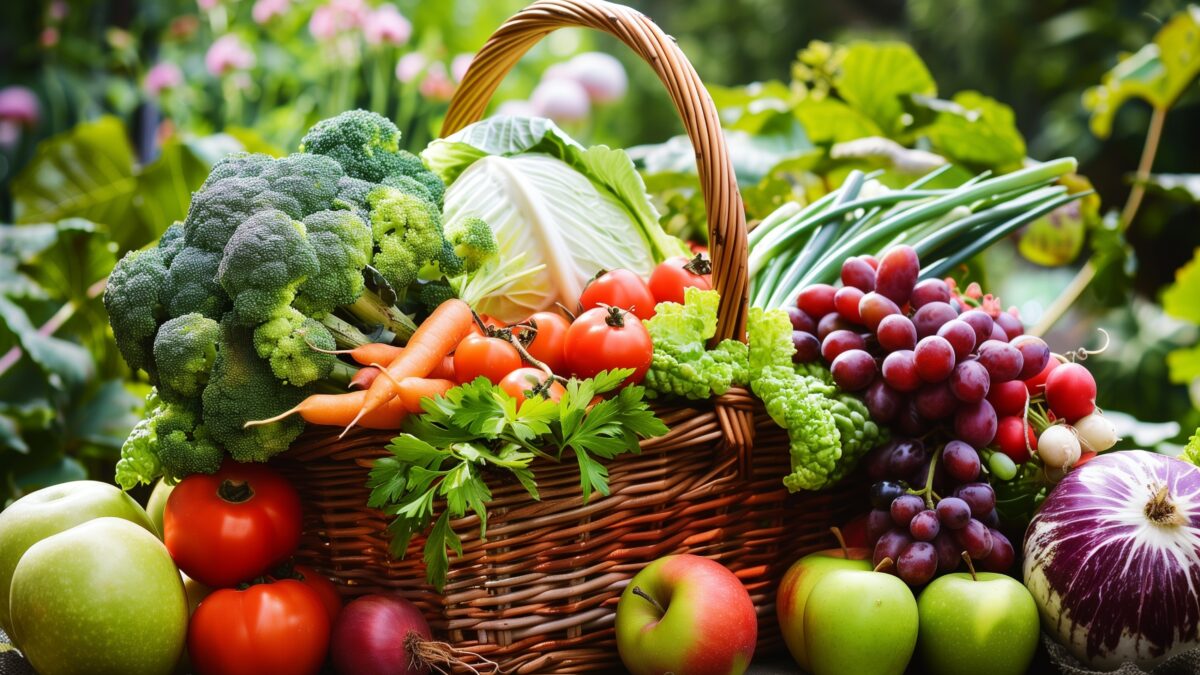Legumes are plants and plant seeds in the family Fabaceae, which includes beans, lentils, chickpeas and broad beans.
Legumes are a key component of the Mediterranean diet and gastronomic tradition. They can be found in many traditional Greek dishes, such as fasolada (navy bean soup) and lentil soup. In fact, several varieties of legumes produced exclusively in Greece have been registered as products with Protected Designation of Origin (PDO) or Protected Geographical Indication (PGI), and have been recognised for their high nutritional value.
Such products include: giant beans of Prespa, Florina (PGI), Santorini Fava (PDO), Kato Nevrokopi beans (PGI), and vanilla beans of Feneos, Korinthia (PGI).
Legumes are a food group with high nutritional value, naturally combining various macro- and micronutrients vital to good health. For one thing, legumes are an excellent source of plant proteins and fibres, which play an important role in protecting against chronic diseases such as obesity, diabetes, cardiovascular diseases and certain types of cancer.
Apart from their high fiber and protein content, legumes supply us with B vitamins as well as minerals such as iron, phosphorus and magnesium.
Finally, legumes are rich in antioxidant compounds such as flavonoids, substances that protect our cells from the destructive action of reactive oxygen species (ROS), safeguarding our health.
Due to their high nutritional content, incorporation of legumes into a healthy diet can have significant health benefits.[1]
Specifically, several studies have highlighted the cardioprotective action of legumes. A meta-analysis of 26 observational studies showed that people with the highest consumption of legumes had a 6% and 10% lower risk of developing total cardiovascular disease and coronary artery disease, respectively, compared to people with the lowest consumption.[2]
What’s more, regular consumption of pulses may contribute to better management of body weight and protect against the appearance of certain types of cancer, properties partly attributed to the fiber they contain.
Finally, the incorporation of legumes into our diet may also have significant benefits for our planet’s health. Legumes can offer a sustainable alternative to animal products, as growing them requires fewer resources and produces fewer greenhouse gas emissions compared to livestock and dairy farming.
In conclusion, legumes are an excellent addition to our diet, good for both our health and the planet.
BIBLIOGRAPHY
[1] Miller V, Micha R, Choi E, Karageorgou D, Webb P, Mozaffarian D. Evaluation of the quality of evidence of the association of foods and nutrients with cardiovascular disease and diabetes. A systematic review. JAMA Netw Open. 2022 5(2):e2146705.
[2] Mendes V, Niforou A, Kasdagli M, Ververis E, Naska A. Intake of legumes and cardiovascular disease: A systematic review and dose–response meta-analysis. Nutr Metab Cardiovasc Dis. 2023 33(1):22-37. https://doi.org/10.1016/j.numecd.2022.10.006.










